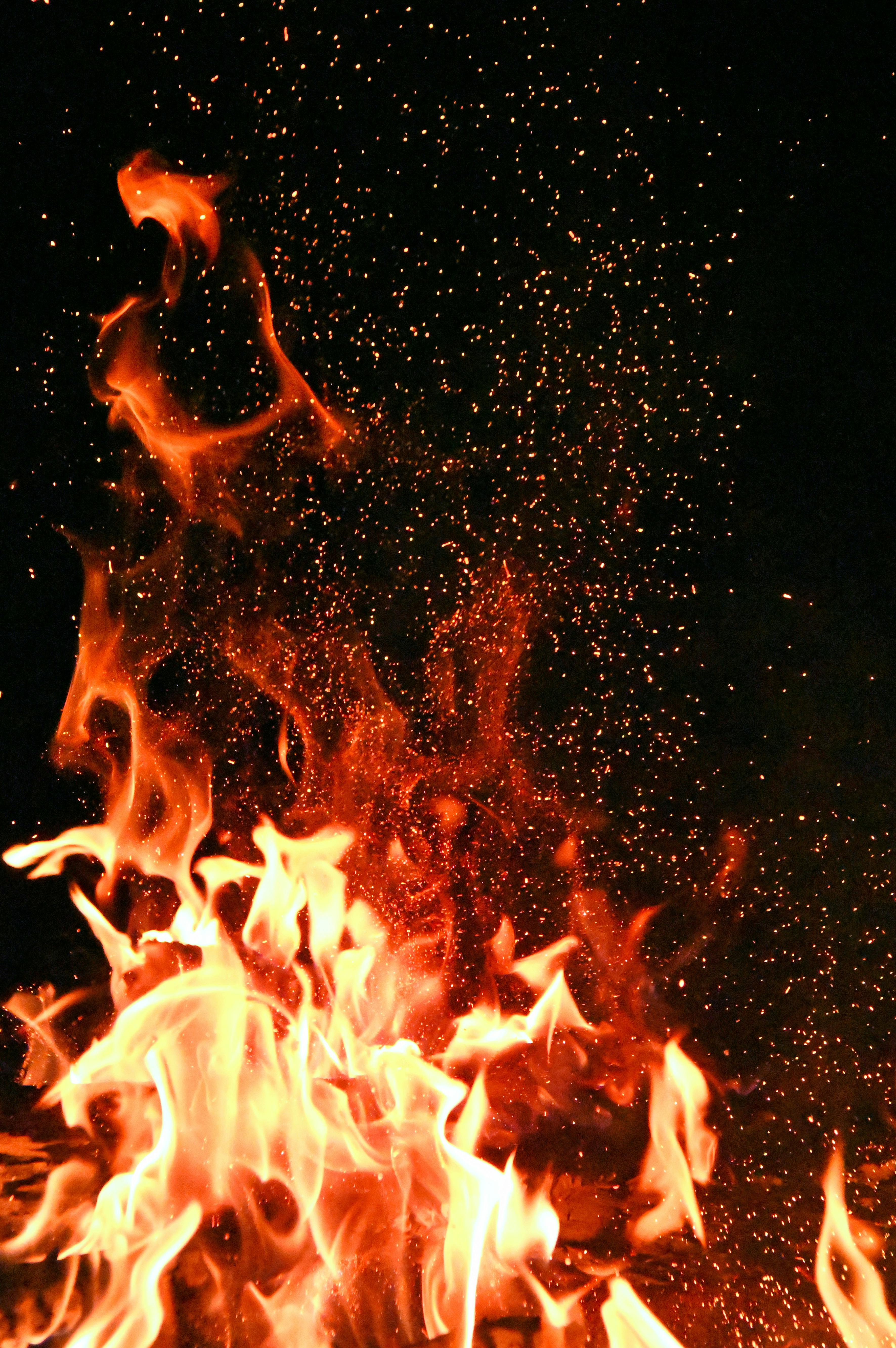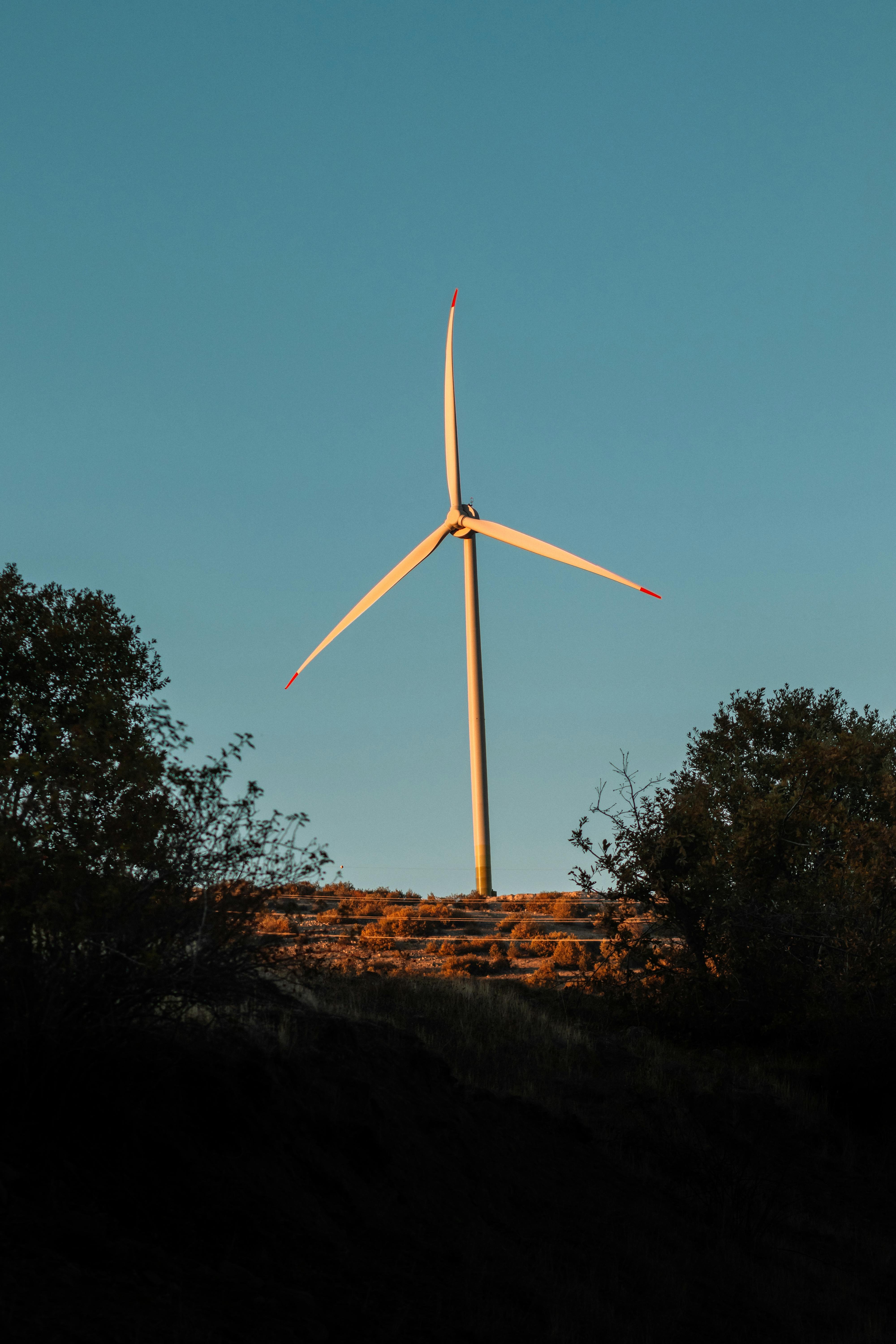In this enlightening read, you’ll discover how timing can play an instrumental role in maximizing the efficiency of your everyday appliances. Tailoring your habits according to the optimal time of use can not only extend the lifespan of these machines but could also directly translate into considerable energy savings. The piece is designed to offer you actionable insights and reveal the prime times to put your appliances to work. Get ready to harness the power of timing to get the most out of your domestic machinery. Be prepared to learn, adapt, and save!
Understanding Peak and Off-Peak Hours
Definition of Peak and Off-Peak Hours
Peak hours are defined as the times during a day when energy consumption is at its highest point. During these hours, the demand for electricity is typically high, so utility companies charge more for it. Conversely, off-peak hours are those in which the demand for electricity is lower, hence the cost, too, decreases.
How Electric Utility Companies Determine These Hours
Electric utility companies calculate peak and off-peak hours based on the pattern of electricity usage by their customers. They use data analytics to understand when their customers are mostly using electricity and define those timings as peak hours. The rest of the time, when the use of electricity is not that high, is considered as off-peak hours.
Impact of These Hours on Energy Efficiency
The system of peak and off-peak hours encourages energy efficiency. During peak hours, when electricity costs more, people tend to minimize the use of electricity-intensive appliances. This lowers the overall consumption of electricity, playing a part in energy conservation and leading to a more energy-efficient lifestyle.
Cost Implications During Different Hours
How Peak Hours Affect Your Electric Bill
When you use more electricity during peak hours, it directly impacts your electric bill, making it substantially higher. As the electric companies charge more for the units consumed during these hours, it’s essential to understand the peak hours and manage your consumption accordingly.
Benefits of Using Appliances During Off-Peak Hours
Using appliances during off-peak hours can bear significant cost benefits. Not only do you pay less for the electricity consumed, but it also reduces the burden on the power grid, helping maintain a steady flow and prevent power outages.
Comparative Analysis of Costs During Different Hours
A simple comparison of costs during peak and off-peak hours can illustrate the potential savings. Suppose, during peak hours, your electric utility charges 20 cents per kilowatt-hour (kWh), and during off-peak hours, it drops to 10 cents per kWh. Using an appliance consuming 2kWh during peak hours would cost you 40 cents, while the same during off-peak hours would cost you only 20 cents. Hence, conscious usage of appliances can save a substantial amount on electricity bills.

Best Time to Use Major Appliances
Optimal Time for Using Dishwasher
The best time to run your dishwasher would be during off-peak hours, where electricity costs are typically lower. If possible, set a delay to have it run overnight, assuming it’s an off-peak period in your area.
When to do Laundry for Energy Efficiency
The same rule applies when doing laundry. Whenever possible, try doing your laundry either early in the morning or late at night. These are typically off-peak times and can save you a considerable amount of money.
Best Time to Use Your Oven
When it comes to your oven, it’s advisable to use it during cooler evenings or early mornings to avoid adding extra heat to your home during the day. Running the oven during the peak hours of heat can put additional pressure on your cooling system, thereby consuming more energy.
Energy-Efficient Use of HVAC Systems
Understanding How HVAC Systems Consume Power
HVAC systems are significant energy consumers in every residence. They function by heating or cooling air and circulating it through the house. This circulation process requires substantial amounts of energy.
Best Times to Use Heating and Cooling Systems
To conserve energy, adjust your heating and cooling systems according to the time of day. For instance, on hot days, run your cooling system during cooler early morning hours and late evening hours instead of the hottest part of the day. Similarly, on cold days, heat your home during the warmer daytime and lower the heat during the night.
Strategies to Minimize Power Consumption in HVAC Systems
Regular maintenance ensures your HVAC system runs at peak efficiency. Cleaning or replacing filters, sealing and insulating ducts, and installing programmable thermostats can also aid in reducing energy consumption.

Optimizing the Use of Electronics
Best Time to Charge and Use Gadgets
When possible, charge electronics during off-peak hours to save energy. Additionally, avoid leaving devices on standby as this can drain energy unnecessarily.
Energy-Efficient Use of Televisions and Computers
Switch your computers and televisions off completely when they’re not in use. Remember, standby mode still consumes energy. Similarly, turn off the screen or put your computer on sleep mode when not in use.
How Off-Peak Hours Affect Electronics’ Energy Consumption
By charging and using electronics during off-peak hours, you can not only save on electricity costs but also extend the lifespan of your devices.
Energy Star Appliances and Their Efficiency
Explanation of Energy Star Ratings
Energy Star ratings indicate the energy efficiency of an appliance. The higher the rating, the more energy-efficient the appliance is. This system provides a convenient way for consumers to compare the energy efficiency of various appliances.
How Energy Star Appliances Conserve Power
Energy Star appliances are designed for superior energy efficiency. They consume less energy than standard appliances which is good not only for your wallet but also for the environment.
Best Time to Use Energy Star Appliances
Even though Energy Star appliances conserve energy, you can save even more by using them during off-peak hours.

Role of Modern Technology in Energy Efficiency
Use of Timers to Automate Appliance Use
Using timers to automate appliance usage is an effective way to ensure energy efficiency. You can set timers to run appliances during off-peak hours, saving you the time and the electricity cost.
Smart Appliances and Their Energy-Saving Features
Smart appliances, integrated with AI, also add to the convenience and energy efficiency. You can remotely control these appliances, schedule their running times, and monitor their energy usage.
How Energy Monitoring Systems Can Optimize Appliance Use
Using energy monitoring systems, you can meticulously track the energy usage of each appliance. This information can be used to optimize the timing and intensity of its use, leading to better energy efficiency.
Impact of Weather on Energy Efficiency
Effect of Seasonal Changes on Energy Use
Seasonal changes often bring a significant impact on the need for energy. Colder months typically see a spike in heating needs while hotter months increase the demand for cooling. Consequently, energy consumption varies during these periods.
Best Times to Use Appliances Considering Weather Conditions
Try to adjust your appliance use according to the weather. If it’s a hot day, avoid using heat-producing appliances during the day. Conversely, in colder months, try to limit the use of cooling appliances.
Adapting Your Energy Use to the Weather
By being intuitive to weather changes, you can adapt your energy use accordingly and enhance efficiency. This could mean bundling up in warm clothes during winter instead of overheating rooms or using fans instead of AC during moderate summer days.
Best Practices for Energy Efficiency
Reducing Energy Consumption During Peak Hours
By mindfully decreasing the usage of appliances during peak hours, you can reduce your energy consumption significantly. You will not only save on your electric bill but also contribute to a more energy-efficient future.
Routine Maintenance for Better Energy Efficiency
Ensuring regular maintenance for your appliances can go a long way in enhancing energy efficiency. A well-maintained appliance works at its optimal efficiency, consuming less energy.
Switching Off and Unplugging to Conserve Power
Remember to switch off and unplug devices when not in use. Little habits like these can result in big energy savings.
Case Studies on Energy Efficiency
Success Stories of Energy-Efficient Households
Many households have benefited from being mindful of their energy usage. They’ve managed to significantly cut down their electricity bills and lessen their carbon footprint as well. This further affirms that strategic use of electricity can yield positive results.
Lessons from Businesses Optimizing Energy Use
Many corporations, too, have experienced considerable benefits by optimizing their energy use. Besides cost savings, they’ve also managed to reduce their carbon emissions, thereby contributing to environmental conservation.
How Shifting Appliance Use Times Benefited Others
Individuals and businesses that have shifted their appliance usage to off-peak hours have vouched for its benefits. These include considerable cost savings and lowered stress on power grids.
In conclusion, by adopting energy-efficient practices and being mindful of peak and off-peak hours, not only can you save on electricity costs, but also contribute to a more sustainable, energy-efficient future.
